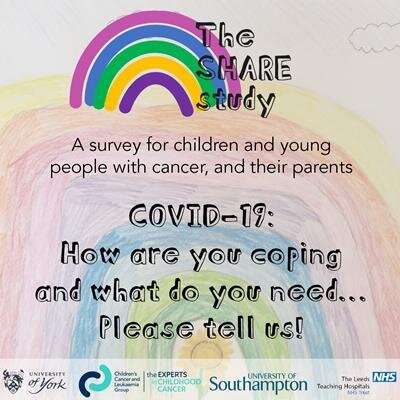herbs and coumadin

Many parents of children with chronic illnesses felt hospitals were unsafe during the COVID-19 pandemic and took to social media to find information relevant to them, a Southampton-led study suggests.
The SHARE study has been designed to understand the evolving experiences, information, can i buy naproxen over the counter support needs and decision-making for families with children who require ongoing healthcare and hospital appointments during the pandemic.
The results of the study have led to the national charity Children’s Cancer and Leukemia Group (CCLG) producing patient-facing information to support families—addressing a gap highlighted by many parents.
Anne-Sophie Darlington, Professor of Child and Family Psychological Health within Health Sciences, is leading the study. She said: “Working with CCLG, we developed a survey to ask parents of children with cancer what their experiences were during the first lockdown, and how they were coping with going out or staying at home and what support they wanted.
“Actually most of the questions in the survey were generic to any child with a serious condition, so we expanded the survey to ask children, and parents of children, with cystic fibrosis, kidney disease, heart disease, allergies, hydrocephalus and other life-limiting conditions, as well as parents of babies born prematurely. We worked with national charities to reach children and young people, and parents, to ask them to complete the survey.”
A total of 1,019 parents and 316 children and young people completed the survey during the first lockdown of 2020. The results from parents of a child with cancer showed:
- 69.6 percent believed hospital was no longer a safe place
- 83.9 percent were accessing information on social media
- 81.9 percent were isolating their child from everyone except immediate family
- 89.1 percent were worried about their child contracting COVID-19 from them
- 2.3 percent stopped or reduced their child’s chemotherapy treatment
- Parents described their children as struggling mentally, and missing out on life, particularly those with life-limiting conditions
“The results show that parents were worried,” explained Professor Darlington. “They went to social media for information. We assumed that parents wanted a lot of support, but the surveys revealed they just wanted clear, reliable information about whether their child was at risk.”
Comments from parents included:
- “I’m worried about how the virus may affect our child. Worried about isolating for 12 weeks when life was returning to normal.”
- “All the information seemed geared at adults not families with vulnerable children. There was a lot of mixed information at the start of the isolation period and far too many gray areas… I’d really like information on how [child’s] particular treatments could affect her battle if she got the virus. Everything out there is very basic.”
The SHARE study has also included the delivery of an online psychosocial support intervention for parents of a child with cancer, Online Hope for the Community.
Source: Read Full Article
